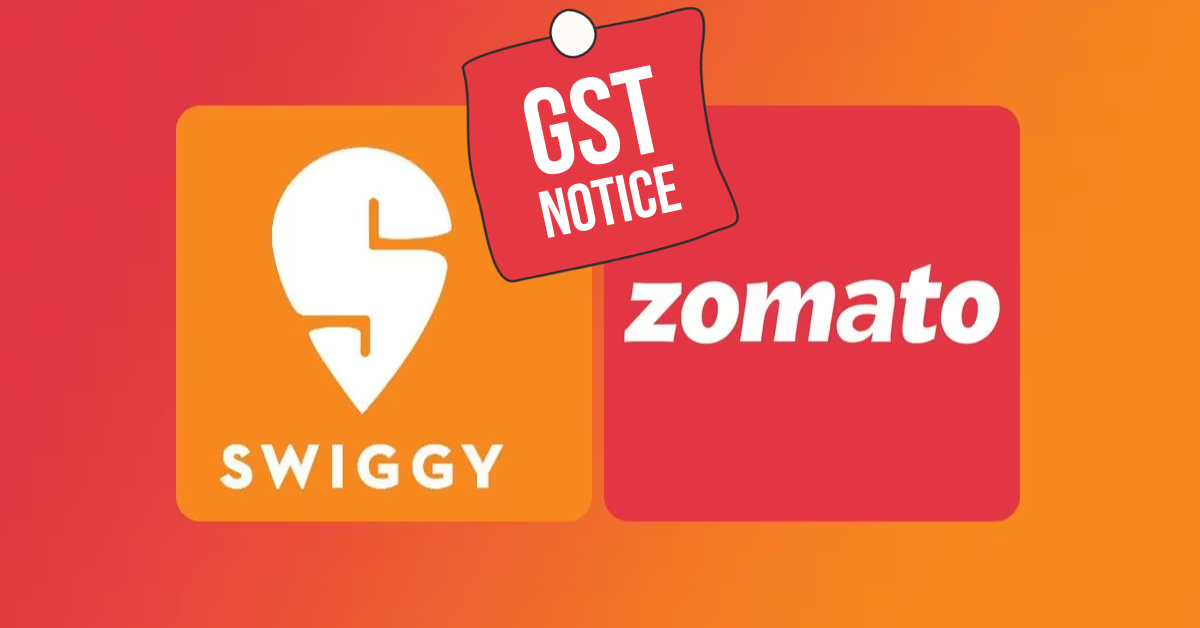GST Intelligence Targets Zomato and Swiggy with Demand Notices Worth Rs 750 Crore, Citing Tax Liability on Food Delivery Services
In a significant development, the Directorate General of GST Intelligence (DGGI) has taken action against leading food aggregators Zomato and Swiggy, issuing Goods and Services Tax (GST) demand notices, according to a report on Wednesday. The notices sent to Zomato and Swiggy amount to Rs 400 crore and Rs 350 crore, respectively, as the tax authorities assert that these platforms, operating in the food delivery sector, are obligated to pay GST.
The Basis of Tax Demand
The DGGI's move is rooted in the classification of food delivery as a service, leading to the imposition of GST on the revenue generated by Zomato and Swiggy. This has sparked a substantial tax demand, underlining the authorities' position that these platforms should be held accountable for GST payments due to the nature of their business operations.

Financial Implications for Zomato and Swiggy
The financial repercussions of the GST demand notices are considerable, with Zomato facing a demand of Rs 400 crore and Swiggy being served with a demand of Rs 350 crore. The notices have raised questions about the financial implications on the companies' bottom lines and the potential impact on their market valuation.
Stock Market Reaction
Following the news, Zomato's shares experienced a dip, closing 1.07% lower at Rs 15.25 apiece on Wednesday. This indicates the market's response to the GST demand notices and the concerns surrounding the potential financial impact on Zomato's operations. Investors and stakeholders are closely monitoring the situation, awaiting further developments and the companies' response to the tax demands.
Industry Implications and Precedent
The issuance of GST demand notices to Zomato and Swiggy carries broader implications for the food delivery industry. It sets a precedent for how tax authorities view and categorize services provided by such platforms, potentially leading to increased scrutiny across the sector. The outcome of this case could influence how other food aggregators structure their financial dealings and tax compliance in the future.
Zomato's Share Performance and Market Sentiment
The decline in Zomato's share value underscores the market sentiment and potential concerns among investors. As the company navigates these tax challenges, its response and resolution strategies will be closely observed, shaping market sentiment and influencing the perception of regulatory risks associated with the food delivery industry.
Ongoing Developments and Corporate Responses
The unfolding developments in this case, including any responses from Zomato and Swiggy, will be closely tracked by industry analysts, investors, and regulatory authorities. The companies' strategies to address the GST demand notices, potential legal actions, and efforts to engage with tax authorities will provide insights into how the industry responds to evolving regulatory challenges in the digital economy.





 CAclubindia
CAclubindia
